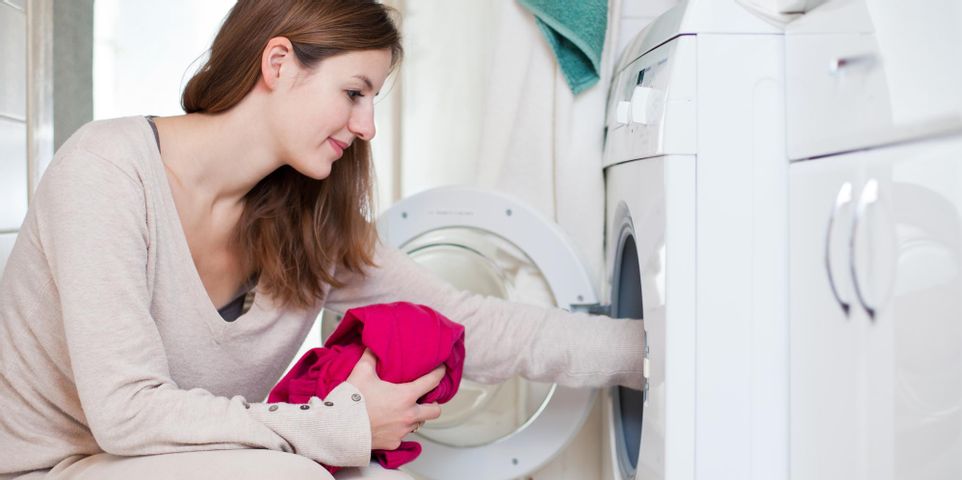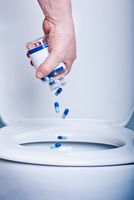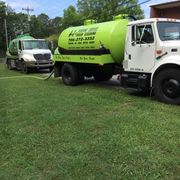What Items Should Stay Out of Your Septic Tank?

If your property depends on a septic tank to process waste, it’s important to maintain it properly to avoid premature failures, messy cleanups, and costly repairs. On top of regular inspections and pumping, maintenance involves watching what you dispose of down the drains. Some items can result in serious clogging, while others can cause a bacterial imbalance in the tank, affecting the decomposition process. Below are a few things to keep away from your septic system.
In Your Bathroom
Sanitary Products
Refrain from flushing sanitary napkins and tampons down the toilet, since they don’t disintegrate easily like toilet or tissue paper, even if they contain biodegradable components. Similarly, wet wipes that aren’t labeled as flushable and diapers are better disposed of in the trash bin. They can clog up drains over time and take longer to break down when left in your septic tank.
Gauze, Cotton, & Floss
No matter how small, items like gauze, cotton swabs, and dental floss should never be thrown in the drains or toilet. Aside from clumping up and blocking your pipes, they don’t decompose easily, thus will remain sitting inside your septic tank.
 Prescription Drugs
Prescription Drugs
Depending on their potency and amount, antibiotics and other prescription medications can alter the bacterial composition of the septic tank. When this is imbalanced, your septic tank will take a longer time breaking down waste. If the tank becomes overloaded, it could result in a sewage backup.
Cat Litter & Dirt
Kitty litter or excess dirt will only add to the waste volume in the septic tank. Because these items do not decompose, refrain from flushing them down toilets and sinks.
In Your Kitchen
Fat, Grease, & Oil
Among the leading culprits for clogged drains are grease and oil, as these liquids harden after cooling down. Aside from the fact that they don’t break down with ease, they can also pollute the drainfield.
Food Scraps
Not all food waste can go down the kitchen drain, including eggshells, coffee grounds, and fibrous food bits. These items can cause blockages, as they take a long time to decompose. If you don’t have a garbage disposal installed in your kitchen, you can use these scraps as compost. You can also throw them into your trash bin.
In Your Laundry Room
Dryer Sheets & Lint
Fibers from dryer sheets will only add to the solid waste in the septic tank. Since most dryer sheets are also not biodegradable, they’ll sit in your septic system for a long time, should you attempt to flush them. Similarly, attempting to flush that which is caught in your dryer’s lint trap down a drain is also liable to disrupt your septic system’s usual flow. Always dispose of these items in the garbage.
Household Cleaning Products
Like prescription drugs, cleaning agents, detergents, and degreasers often contain harsh chemicals that can affect bacteria levels in the septic tank and slow down the decomposition process. Furthermore, paper towels do not break down efficiently, thus can deter your septic system’s productivity. To prolong the life of your septic tank, avoid flushing or throwing these items down the drains.
For outstanding septic tank repairs and maintenance, count on the professionals at A-1 Pumping Service and Drain Cleaning in Whitfield County, GA. For over 20 years, they’ve offered an extensive range of septic system repair services, including septic installation, cleaning, and pumping. For more information, contact them via their website, or give them a call at (706) 272-3352.
About the Business
Have a question? Ask the experts!
Send your question

